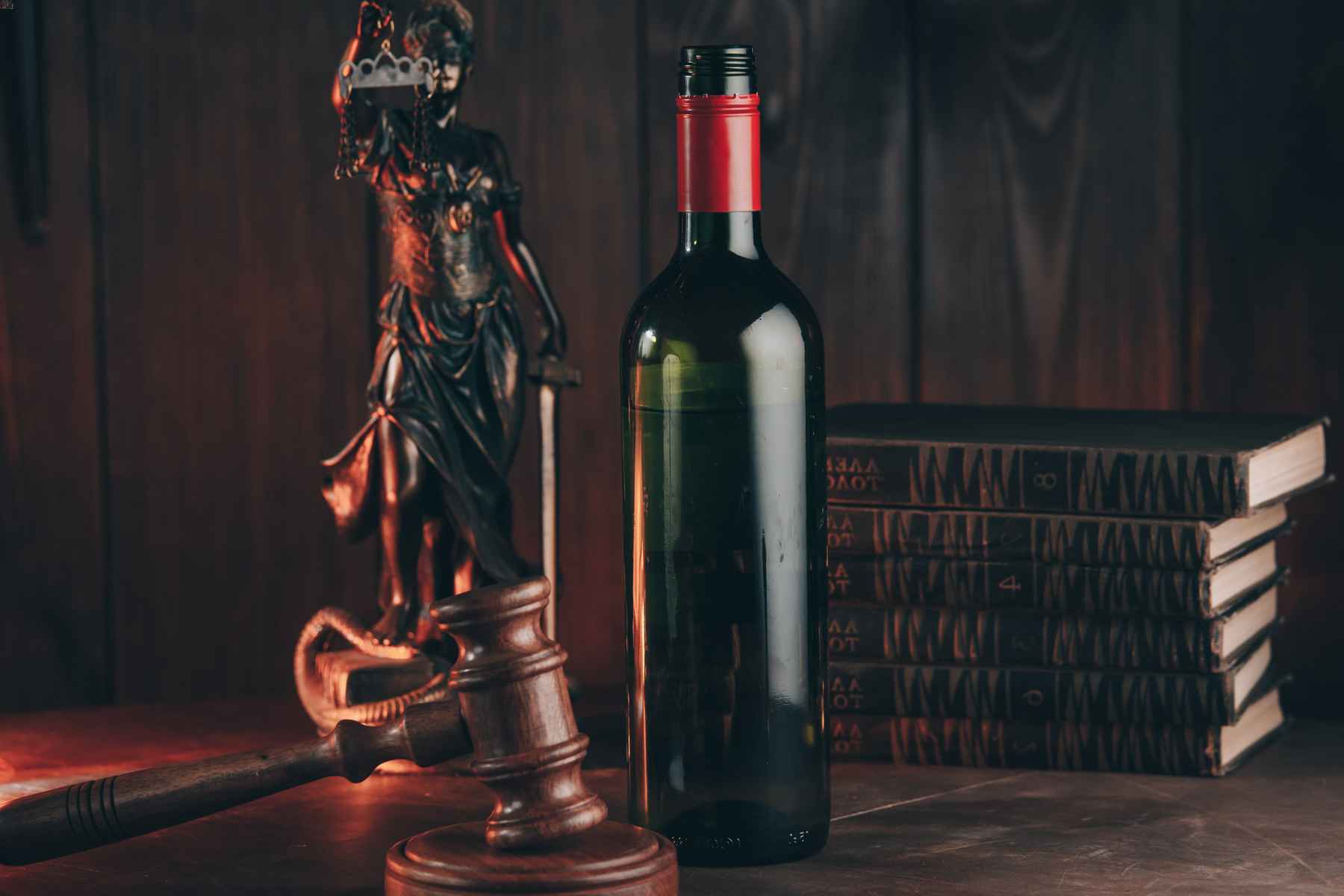What’s Next for Liquor-Law Enforcement
Dek goes here…
Carrie Savage, owner of Grandpa’s Cafe in Berthoud, was driving when she got a call from her manager last December 11. An officer from Colorado’s Liquor Enforcement Division (LED) was on site, serving her with notice of her liquor license suspension. Savage, who has operated the cafe since 2007, admits her business has failed compliance checks in the past. In those cases, fines were paid and training procedures were updated. “They always worked with me before,” Savage says. “But the last time it was totally different.”
In this instance, Savage’s license was suspended not because a server failed to check customers’ IDs, but because Savage refused to close her dining room after a public health order shut down indoor dining on November 20, 2020.
Savage characterizes the LED’s actions as weaponizing her liquor license in an attempt to force compliance with an order she feels infringes on her Constitutional right to operate her business as she sees fit. (The cafe’s Facebook page is home to numerous posts advocating for the recall of Jared Polis and boasting that the restaurant remained open for dine-in.) She’s fighting the suspension because she feels it has nothing to do with violations of the actual liquor code.
The flurry of Compliance Alerts to Wholesalers the LED has issued since December 2020 seem to bear out that assertion. Letters are sent to anyone on the LED’s email distribution list; they name (and shame?) businesses that have had their liquor licenses suspended for violation of public health orders and “strongly encourage” liquor wholesalers not to deliver to them. Of the 12 businesses that appeared on the bulletins between December 5, 2020 and March 1, 2021, eight are located in Larimer or Weld counties, which made statewide news last fall when local business owners and even county officials publicly defied those orders.
[The LED has] been flexible concerning the little things, like the sticker on the cup or the straw in the cup [of to-go alcohol]….They did the best they could, just like the rest of us.
Nathan Dewey
These alerts do not provide a comprehensive list of suspended licenses, which suggests that only what the LED considers the most egregious offenders are singled out. And while a division spokesperson describes them as simply a courtesy to distributors, she also acknowledges they have been released more frequently during the pandemic. Of the businesses that were identified, she admits, “Lately it’s been [for] COVID.”
Other business owners agree the LED has been more active in enforcing COVID regulations than liquor laws in the past year. “I think they were using the liquor license as a way to suspend business if you’re not following the COVID guidelines,” says Carolyn Joy, owner of Denver’s Joy Wine & Spirits (though she emphasizes that’s speculation).
But capacity restrictions have wound down, and alcohol takeout and delivery from restaurants is on the cusp of being extended through 2026. If the LED’s focus over the past year has been on wrangling recalcitrant operators, what comes next—and what should restaurants be doing to protect themselves?
[The LED] is not there to babysit people. It’s to have a level playing field.
Carolyn Joy
Nathan Dewey is the director of Responsible Association of Retailers (RAR), an organization encouraging responsible sales of alcohol and cannabis in northern Colorado. He agrees liquor law enforcement should look different in the post-pandemic era, and expects the agency to focus more of its efforts on restaurant delivery of alcohol.
“[The LED has] been flexible concerning the little things, like the sticker on the cup or the straw in the cup [of to-go alcohol],” he says. “They did the best they could, just like the rest of us. But….if we’re going to allow [restaurant delivery of alcohol] for the next five years, we need to address it.”
One of Dewey’s primary concerns is delivery driver safety. He recommends operators outfit their employees with body cams: The technology would prove IDs are checked at delivery and the order is handed off to someone of legal age. It could also protect drivers in case they are robbed or assaulted in the course of delivery. There are on-premise applications, too. Footage of employees cutting off drunk customers or trying to dissuade them from driving could prevent financial or criminal penalties for restaurants and their employees under dram shop laws (the requirement for bars to refrain from overserving and to make a reasonable effort to prevent drunk driving).
Dewey also points to Boulder County’s requirement that all new hires complete TIPS certification within 60 days of employment as the gold standard. Other counties may only require employee training after a violation, but Dewey recommends all employees receive that training upon hiring.
For her part, Savage wants the LED to limit its scope to liquor laws rather than public health orders. “I think it should just be they do liquor enforcement,” she says, likening her situation to a person’s driver’s license being suspended because they left the house during the state’s stay-at-home order.
“[The LED] is not there to babysit people,” Joy says. “It’s to have a level playing field. Why should one person get away with things when another person can’t: selling to whoever, opening multiple stores, not following pricing guidelines?” With COVID restrictions replaced by a brave new world of policing liquor delivery and takeout, that job is sure to be more challenging than ever.
Talk to us! Email your experiences (and thoughts, opinions, and questions—anything, really) to askus@diningout.com.
